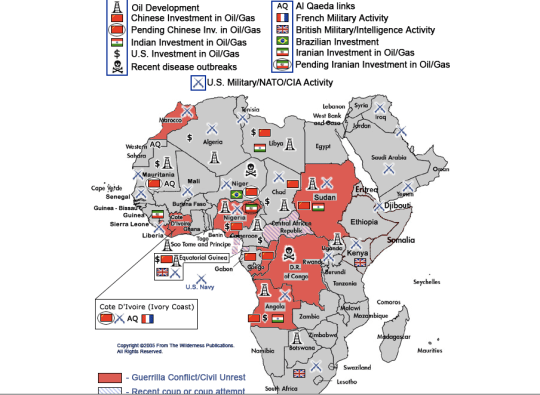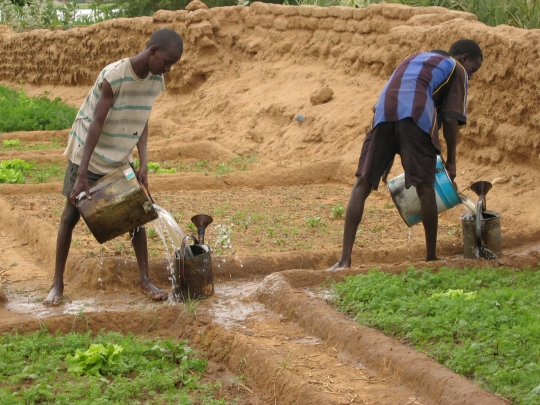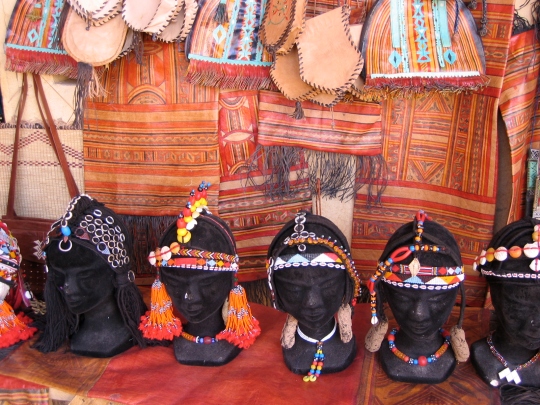The Real Work Begins
News reports yesterday were of the first ‘suicide bomber’ in Gao. However, when I talked to sources in Gao the response was that it was an inept rebel handling explosives that was trying to blow up the military base. Accidental suicide bomber, perhaps?
In other news, before the rebels fled Gao, they mined homes, alongside roads, even the bridge, and the military is hard at work de-mining the region. Three Malian military were killed when their vehicle hit a mine off the main road near Humbori. Citizens have been encouraged to stay indoors until the military can say they have cleared the mines in town, however, the rebels have placed them haphazardly so this effort could take more time than not. Furthermore, as yesterdays bombing shows, the rebels are still in the Gao region and are resorting to guerilla tactics. The French are scheduled to leave the end of March, and it has yet to be seen if they will effectively hunt out the rebels at-large. More troops from neighboring African states are scheduled to arrive to keep the region secure, but it is questionable whether the security will remain as dynamic when the French leave the picture.
Furthermore, looking towards how to make a peaceful transition for the north, the history of the 1992 Tamanrasset Accords should be considered. These accords were signed also in a time of military/political turmoil for Mali – right after ATT staged the 92′ coup. The ‘good intentions’ for bridging the north-south Malian divide were quickly forgotten over concerns surrounding the military and political powers in the capital. Had the accord been followed, it would have alleviated feelings of disenfranchisement in the north (military inclusion, civil society engagement, northern economic development, even increased media and a TV station). However, the north soon realized that the government wasnt sincere in its efforts, and grievances mounted again. Although it was signed two decades ago, this accord provides a pertinent example of what the government should avoid as it transitions into post-conflict peacebuilding. The accord can be viewed here: https://peaceaccords.nd.edu/matrix/accord/62
Additionally, Malians have a long road ahead to transform the fear and insecurities of both Southern populations fearing the unstable North, and Northern populations fearing for their security and the prejudices of Southern Malian populations.


